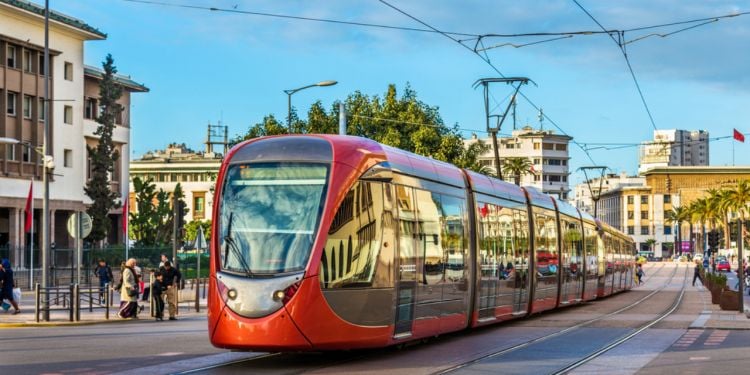The Moroccan Ministry of Transport and Logistics is set to allocate nearly 29 billion dirhams for its 2026 budget, which includes funding from public enterprises and institutions under its supervision. Minister Abdessamad Kayouh outlined the figures during a session with the Infrastructure Committee in the House of Representatives, specifying that 1.8 billion dirhams will come directly from the ministry, while the remaining 27 billion will be provided by its affiliated entities.
A major focus of the upcoming investment is the modernization and expansion of the country’s key airports, as part of a long-term strategy extending through 2030. Construction is already underway at Rabat-Salé and Sania R’mel in Tétouan, with additional upgrades planned for airports in Casablanca, Marrakech, Agadir, Tangier, and Fez. The entire program, which carries a price tag of 38 billion dirhams, aims to boost both the competitiveness and passenger capacity of Morocco’s airport infrastructure.
In parallel, Royal Air Maroc is preparing to expand its fleet. The national carrier will increase its aircraft count from 60 to 62 by the end of this year, with plans to reach 71 by 2026. The additions include nine Boeing 737 MAX 8s and two Boeing 787 Dreamliners, reflecting a push to enhance the airline’s international reach and efficiency.
Rail transport is another pillar of the ministry’s investment agenda, commanding a significant portion of the budget with 96 billion dirhams earmarked for development. The centerpiece of this plan is the extension of Morocco’s high-speed rail line from Kenitra to Marrakech, covering 430 kilometers, along with a new branch toward Fez. The plan also includes upgrades to regional train services, improvements in network maintenance, and efforts to increase overall service reliability.
Funding for the rail projects has already been secured through various agreements involving the National Railways Office (ONCF), the Ministry of Economy and Finance, regional authorities, and both domestic and international financial institutions.
Another high-speed line extension—this time linking Marrakech to Agadir over a distance of 240 kilometers—is also in the pipeline. Once completed, the journey between the two cities is expected to take just one hour. Studies and regulatory processes for this route are already complete. In addition, a new railway link between Essaouira and Marrakech via Chichaoua is being developed. Spanning 120 kilometers, it will make it possible to travel from Essaouira to Agadir in just over 80 minutes. Preliminary studies for this project are about 60% finished.
On the logistics front, the ministry aims to secure 750 hectares of land by 2028 to meet the growing needs of the sector across the country. So far, 500 hectares have already been acquired, with several development projects already underway.
This nationwide logistics strategy also extends to Morocco’s southern provinces. Key infrastructure projects include the El Argoub economic activity zone, the new road transport hub in El Guerguerat, and a logistics platform in Dakhla. Minister Kayouh emphasized that these projects are not only critical for boosting trade but also for solidifying the region’s position as a future logistics gateway to the African continent.
